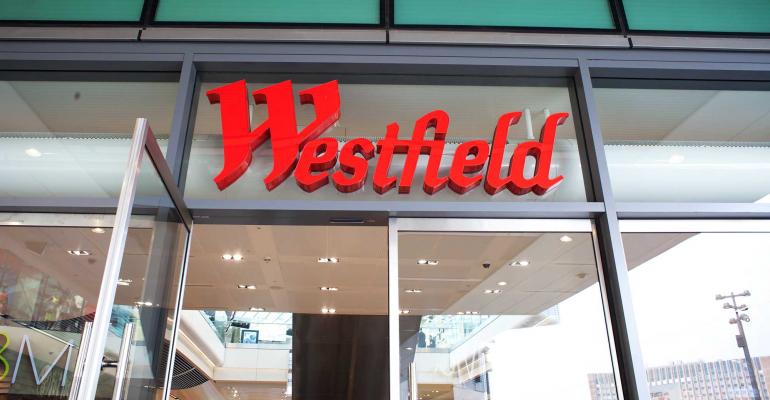(Bloomberg Opinion)—Unibail-Rodamco-Westfield has a history of shrugging off crises. A decade ago, Europe’s No. 1 operator of top-tier shopping malls and offices doled out cash to shareholders even as banks collapsed and austerity ruled. The rise of online shopping only pushed it further to keep buying trophies like Westfield. That halo of invincibility has well and truly slipped after Covid-19.
The group’s market value has shriveled to 5.1 billion euros ($6 billion) from 27 billion euros in 2018 after a global round of coronavirus-induced lockdowns robbed malls of shoppers and tenants of sales. Even now that its sites have almost all reopened, the threat of a resurgence of Covid-19 and a deeper hit to property values have pushed the company to announce a 3.5 billion-euro capital hike and a 4 billion-euro asset-sale plan.
The fall from grace is astounding. Unibail trades at a whopping 80% discount to book value, which a year ago would have made the company seem like a screaming buy. Pressure from hedge funds has been immense: Short interest is an estimated 28% of free float, according to Markit, higher even than Germany’s Wirecard AG before its spectacular collapse. Speculators saw this big, dilutive share sale coming.
If Unibail pulls off its deleveraging plan, the firm reckons its loan-to-value ratio can drop to 30.9% from its current level of 41.5%, well below the 60% level that would constitute a breach of debt covenants. Encouragingly, Chief Executive Officer Christophe Cuvillier said footfall is almost back to normal in continental Europe and 70% of third-quarter rents have been collected.
But is that enough? Rent payments and consumer spending depend on the direction of travel of Covid-19, and the ability of governments to keep supporting the economy. The earnings outlook is exceptionally cloudy: If the second half of this year is as bad as the first, annual profits could fall 25%, according to Bloomberg Intelligence analyst Sue Munden. Mall valuations could also plunge more than the firm expects: Analysts at Barclays Plc see Unibail’s loan-to-value ratio hitting as much as 57% in 2022.
Notwithstanding the possibility of a vaccine or treatment against the coronavirus, work-from-home habits are spreading, online spending is rising, and demand for commercial property is falling in major cities. Leisure businesses from movie theaters to restaurants to hotels are having to rethink their model.
This is a pandemic warning that goes beyond property. The ripple effects of Covid-19 extend further than lockdowns. They’re upending companies that previously looked unassailable, and have encouraged investors to put their marginal dollars elsewhere: Online retailer THG Holdings Ltd., which listed in London this week, already has a market value higher than Unibail.
After years of proving mall skeptics wrong on the mixed model of “clicks and mortar,” and transforming malls into full-on experience centers, Unibail is now scrambling to overhaul itself. If it can’t, the only people profiting will be the bankers collecting fees from the firm’s cash call — and the hedge funds, of course.
To contact the author of this story: Lionel Laurent at [email protected].
© 2020 Bloomberg L.P.





